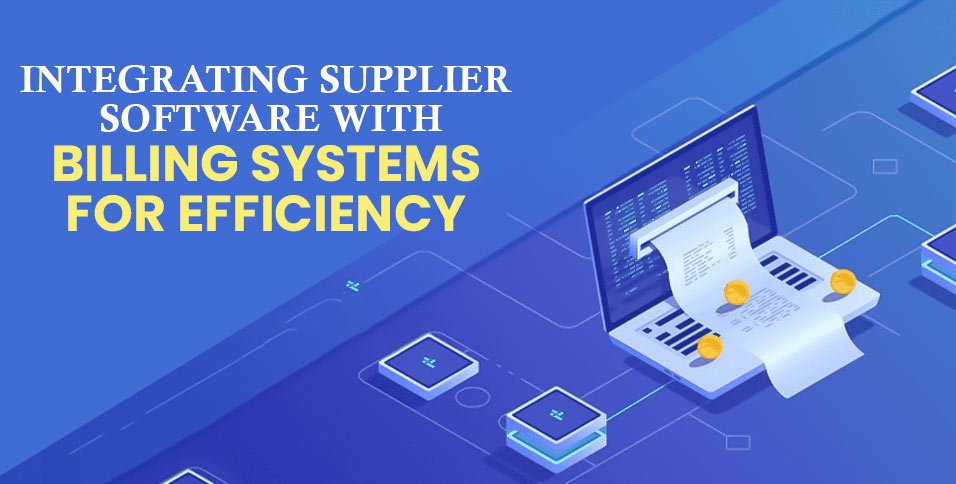In today’s competitive healthcare market, efficiency in operations can significantly impact a company’s bottom line. For businesses dealing in durable medical equipment (DME), integrating supplier software with billing systems is a strategic move that can streamline processes and reduce overhead costs.
This integration leverages the capabilities of DME supplier software and DME billing systems to create a more cohesive, efficient, and error-resistant workflow. Let’s explore how this integration works and the benefits it can bring to a DME business.
Understanding DME Supplier Software and DME Billing Systems
DME supplier software is designed to manage the inventory, ordering, and logistics of medical equipment and supplies. It helps suppliers maintain accurate stock levels, manage orders, and ensure timely delivery of medical products to healthcare providers or directly to patients. On the other hand, DME billing systems are specialized software solutions that manage the billing and invoicing of these medical supplies. They handle complex billing requirements, including compliance with insurance claims and Medicare regulations.
The Need for Integration
Typically, DME supplier software and DME billing systems operate independently within a business, which can lead to disjointed operations and inefficiencies. For example, manual data entry across systems can increase the risk of errors, such as incorrect billing details or inventory discrepancies, which in turn can lead to claim rejections from insurance companies and delays in payment.
By integrating DME supplier software with DME billing systems, businesses can automate data transfer between the two systems, ensuring that information is synchronized and accurate across all business functions. This integration facilitates a seamless flow of data from the point of order through to delivery and billing.
Benefits of Integration
- Increased Operational Efficiency: Integration eliminates redundant processes such as manual data entry and verification. This not only speeds up the workflow but also reduces the labor costs associated with managing these tasks.
- Enhanced Accuracy: Automated data exchange reduces the chances of human error in data entry, leading to more accurate billing and inventory management. This accuracy is critical in reducing claim denials and backlogs in billing, which are common pain points in the DME industry.
- Improved Cash Flow: Efficient billing systems directly impact a company’s cash flow. With an integrated system, invoices are generated and submitted promptly, and payments can be processed more quickly. This timely process helps maintain a healthy cash flow, which is essential for the operational stability of a DME provider.
- Better Compliance: The healthcare industry is heavily regulated, and DME providers are required to adhere to strict standards and regulations. Integrated systems help ensure that all operations are compliant with healthcare laws and regulations, reducing the risk of penalties or legal issues.
- Enhanced Customer Service: When supplier and billing systems are integrated, customer service representatives have access to up-to-date information about orders, deliveries, and billing. This comprehensive view enables them to provide quick and accurate responses to customer inquiries, improving overall customer satisfaction.
Implementation Considerations
While the benefits are clear, the integration of DME supplier software with DME billing systems requires careful planning and execution. Businesses need to consider several factors, including the selection of compatible software solutions that can seamlessly communicate with each other. They also need to train staff to handle the new integrated system and set up a support system for addressing any issues that may arise during and after the integration process.
Additionally, data security is a paramount concern, especially when dealing with sensitive patient information. Ensuring that the integrated system is secure and complies with data protection regulations such as HIPAA in the United States is crucial.
Conclusion
Integrating DME supplier software with DME billing systems represents a forward-thinking approach to managing the complexities of the DME supply chain. This strategic integration not only enhances operational efficiencies but also improves accuracy, compliance, and customer service, thereby positioning DME providers well in a competitive marketplace. As the healthcare industry continues to evolve, leveraging technology to streamline operations will be key to maintaining profitability and service excellence.
Also read: How Artificial Intelligence is Transforming Supply Chain Software















